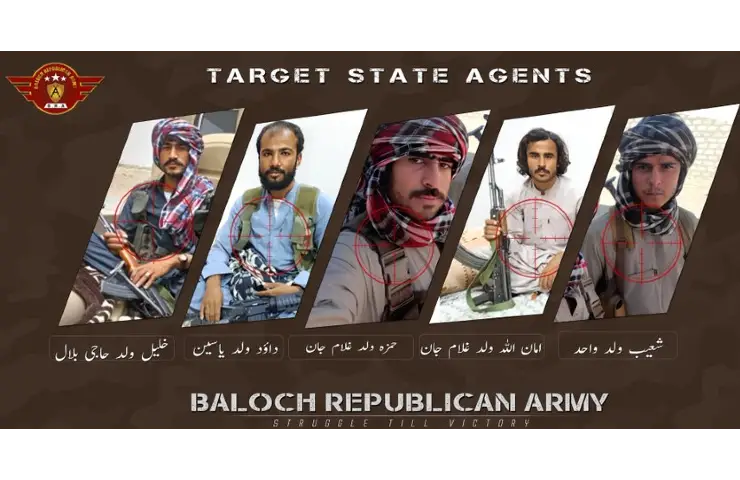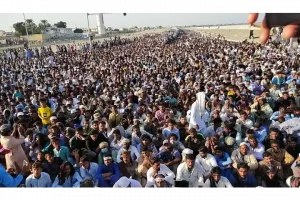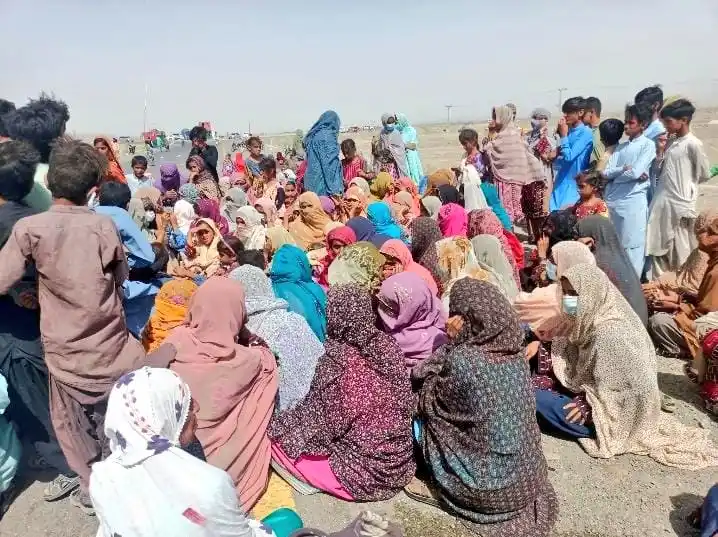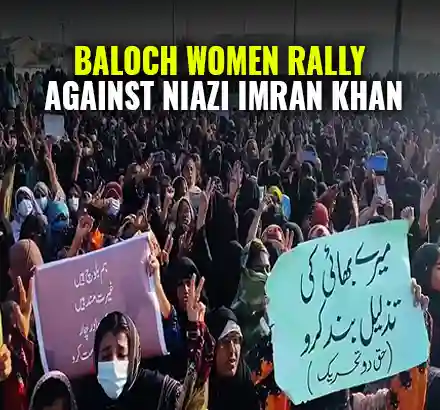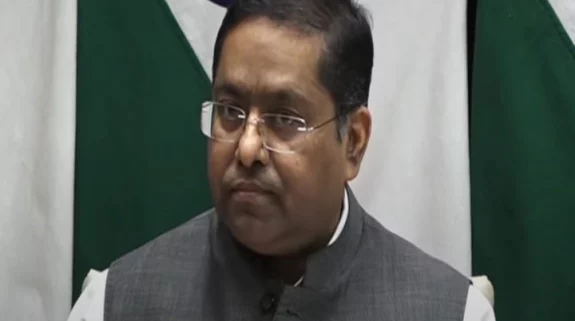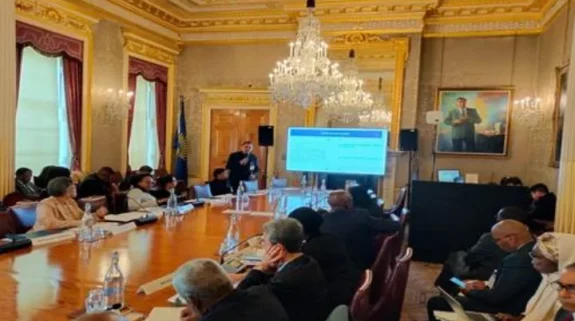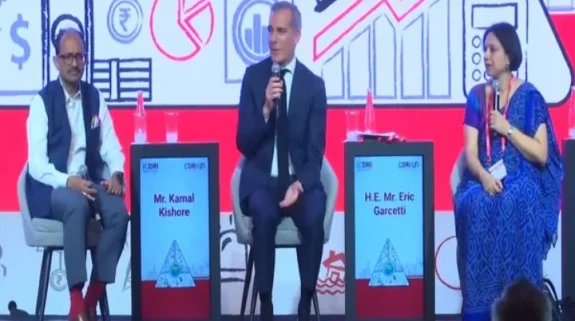The bullet-riddled bodies of five men were found in Balochistan's Panjgur district, close to the Pakistan-Iran border on Wednesday. Their vehicle was found completely damaged.
The Pakistani security forces identified the five dead men as Khalil, Dawood, Hamza, Amanullah and Shoabe. A report by Pakistani news channel Samaa television identified them travellers while Pakistani newspaper Dawn did not mention anything about their identities.
The latest #video that follows the attack on Pakistani 🇵🇰 forces in #Balochistan where the forces are healing the injured. pic.twitter.com/SE0CkTiagi
— Bahot Baloch | باہوٹ بلوچ ❄️ (@bahotbluch) December 8, 2021
However, giving a twist to the version of the Pakistani military and the mainstream media, the Baloch Republican Army (BRA)–fighting for an independent Balochistan, has claimed that the five men were members of Pakistan's "death squad". It also took responsibility for the attack and put up photographs of the five men on Twitter.
Beebagr Baloch, the media spokesperson of the BRA said in a tweet: "Panjgur: Yesterday, our Sarmachaars killed five members of the State Death Squad, led by the Pakistan Army's Military Intelligence (MI), and confiscated their weapons".
#Panjgur: Yesterday, our Sarmachaars killed five members of the State #Death_Squad, led by the Pakistan Army's #Military_Intelligence (MI), and confiscated their weapons. pic.twitter.com/d8k0ShL64h
— BeebagrBaloch (@beebagr_baloch4) December 8, 2021
The BRA said in a media statement that its fighters were on a routine patrol in Panjgur when a local death squad, led by Pakistan’s Military Intelligence, tried to surround them. The BRA added that its fighters surrounded one of the two death squad vehicles, killing all five people inside.
Narrating the incident, the BRA said in its statement that its fighters set the death squad vehicle on fire and confiscated their weapons. The others managed to flee. It also released the names of the five dead persons, whose names match those given by the Pakistani military.
The BRA alleged that the five death squad members had earlier fought the Baloch independence fighters and had killed their commander Noora Peerak.
Giving a historical background to the Pakistani Army’s death squads, geopolitical analyst Mark Kinra told India Narrative: “The Pakistani Army has been supporting death squads since decades but the practice became institutionalised in 2008 when the sixth and current insurgency took shape after the assassination of Nawab Akbar Bugti in 2006 by then Pakistan President Gen. Pervez Musharraf".
Balochistan is in turmoil as the people claim that Pakistan had annexed their independent country through force seven decades back. Baloch groups are battling the Pakistani government, the army and intelligence in an effort to gain freedom. They are also fighting against Pakistan government's notorious death squads–mercenaries used by the State for kidnapping and killing Baloch youth.
Kinra says that the death squads are private militias who work with the support of the Pakistan Army and in close coordination with various terror organisations in quelling the Baloch nationalists. The death squads follow a strategy where the youth are either Islamised by way of religious seminary education or made to disappear through the ‘kill and dump policy’.
Kinra mentions that data shared by "the Human Rights Council of Balochistan between 1 Jan 2021-31 Oct 2021, shows a total of 331 people have been disappeared and around 298 people have been extra-judicially killed in Balochistan".
Not just the Baloch, even other communities like the Pashtuns are feeling marginalised.
The Baloch also say that Pakistan has treated them as a colony, bringing no socio-economic development to the local people. The human development indices also point out to the low health, education and economic levels of the people as compared to the rest of Pakistan.
With Pakistan forging a powerful commercial and economic relationship with China, the Baloch independence groups have another example to prove their economic exploitation–the China Pakistan Economic Corridor (CPEC), which they say has been taking out resources from Balochistan and impoverishing them.
China has been put on the backfoot in its mega CPEC project due to the Baloch agitation. Relations between the two all-weather friends are under a strain due to the Baloch insurgency that has impacted the progress of the CPEC.






